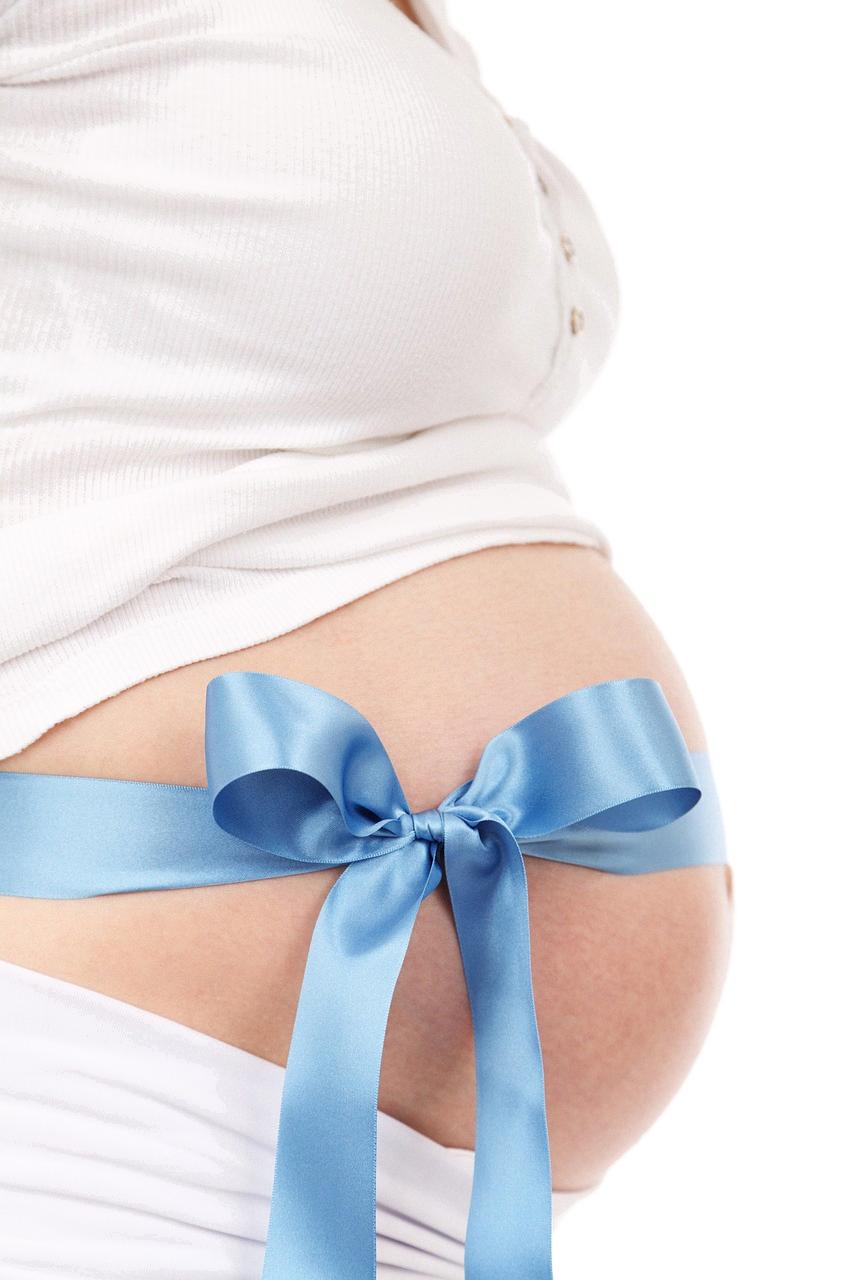Expecting mothers often have various questions about what they can or cannot consume during pregnancy. One common query that arises is whether consuming cold milk is safe during this period of life. Let’s delve into this topic and explore the facts surrounding drinking cold milk while pregnant.
Understanding the Safety of Cold Milk Consumption During Pregnancy
Scientifically speaking, it is deemed safe to consume cold drinks, including cold milk, during pregnancy. When any food or drink enters the stomach and intestine, it adjusts to the body’s temperature, hence consuming cold drinks does not pose any risk to the growing baby within the womb.
The Importance of Moderation in Consuming Cold Milk
While the safety of drinking cold milk has been established, it is crucial to remember the significance of moderation in consumption during pregnancy. Excess intake of any food or beverage, including cold milk, can have unwanted consequences, so it is best to practice moderation to ensure a balanced diet.
Benefits of Drinking Cold Milk During Pregnancy
Cold milk can offer various benefits to expectant mothers. It is a rich source of calcium, which is essential for bone health and development, both for the mother and the growing baby. Additionally, cold milk can help in keeping the body hydrated and can provide a refreshing sensation, especially on hot days.
Considerations for Drinking Cold Milk While Pregnant
Despite the safety and benefits of consuming cold milk during pregnancy, there are a few considerations to keep in mind. It is advisable to opt for pasteurized milk to mitigate the risk of any harmful bacteria. Furthermore, if you have any lactose intolerance or dairy allergies, it is best to consult with your healthcare provider before including cold milk in your diet.
Hygiene and Quality of Milk
Ensuring the hygiene and quality of the milk you consume is paramount, particularly during pregnancy. It is recommended to purchase milk from reputable sources and to check the expiration date before consumption. Proper storage of milk in the refrigerator is also essential to maintain its freshness and quality.
Alternatives to Cold Milk for Expecting Mothers
If cold milk does not appeal to you during pregnancy or if you have specific dietary restrictions, there are alternative sources of calcium and nutrients that you can incorporate into your diet. Options such as fortified plant-based milks, yogurt, cheese, and leafy greens can provide the necessary nutrients for you and your baby.
Listening to Your Body’s Needs
During pregnancy, it is crucial to listen to your body’s signals and cravings. If you have a preference for cold milk and it does not cause any discomfort or adverse reactions, there is no harm in including it in your daily routine. However, if you experience any unusual symptoms after consuming cold milk, it is advisable to consult with your healthcare provider.
Consultation with Healthcare Providers
It is always recommended to seek guidance from your healthcare provider or a registered dietitian when making dietary choices during pregnancy. They can offer personalized advice based on your individual health status, dietary preferences, and any specific concerns you may have regarding the consumption of cold milk or other foods.
Conclusion
In conclusion, consuming cold milk during pregnancy is generally considered safe and can offer valuable nutritional benefits. By practicing moderation, ensuring the quality of the milk, and listening to your body’s cues, you can enjoy the refreshing taste of cold milk while supporting the health and well-being of both you and your baby during this special time.

